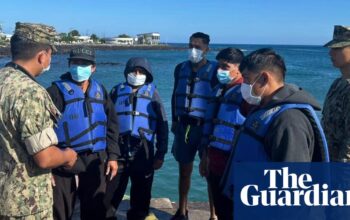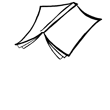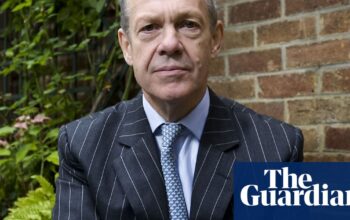
Criticism has been directed towards the World Bank for its failure to stop instances of child abuse at a school system in Kenya that it financially supported.
The bank’s internal oversight body, known as the Compliance Advisor Ombudsman (CAO), discovered that the bank’s International Finance Corporation (IFC) did not meet its own environmental and social standards before providing funding to Bridge International Academies in 2014. Additionally, the IFC failed to properly monitor its investment in the project, which concluded last year.
According to a report submitted to the IFC in August and reviewed by the Guardian, the CAO stated that the organization was aware of allegations of abuse, but did not take sufficient action to address the cases or implement measures to prevent future abuse.
The CAO has reported that they have uncovered 21 instances of child sexual abuse committed by faculty members at Bridge schools from 2014 to 2021.
In 2016, Bridge received confirmation of 10 instances of child sexual abuse at one of its schools. The organization took action by terminating the contracts of the accused teachers, reporting the incidents to the police, providing support for the victims, and communicating with the parents and communities of the affected children.
According to David Pred, the head of Inclusive Development International, a group that supports communities affected by investment initiatives, the IFC has disregarded potential dangers and ignored reports of child sexual abuse.
The International Finance Corporation (IFC), an organization that supports private sector initiatives, provided $13.5m (£10.7m) to a for-profit school chain operating 200 schools between 2014 and last year. However, the IFC ceased its funding without providing a specific reason, although it aligned with the bank’s decision to discontinue financing private schools that charge fees.
Makhtar Diop, the managing director of the IFC, expressed concern over reports of child sexual abuse at one of the bank’s projects. In response to a letter from 32 civil society organizations requesting an independent investigation into the IFC’s handling of the Bridge case, Diop stated that they do not condone any type of abuse in their funded projects and are appreciative of the brave individuals who have come forward.
He stated, “We are presently examining the [CAO] report and are devoted to addressing the results thoroughly and openly.”
The financial institution announced that it collaborated with Bridge to create a policy for safeguarding children. They also employed dedicated staff for child protection and sought the assistance of a worldwide expert to enhance their policies. Bridge stated that they have consistently implemented comprehensive measures for child protection since the establishment of their school chain in 2008.
Margaux Day, policy director of rights organisation Accountability Counsel, said: “How could we trust the institution [IFC] to do better next time if they can’t get it right in this very emblematic and egregious case?”
In October, American senators Elizabeth Warren and Peter Welch sent a letter to the bank expressing their worries about the Bridge case. They also supported the request for a separate inquiry. The United States holds the biggest stake in the World Bank Group.
In 2018, the East African Centre for Human Rights (EACHRights) filed a complaint regarding health, safety, and labor issues at Bridge schools. During the investigation, it was discovered that there were also cases of sexual abuse. Currently, EACHRights is working to mediate discussions between the victims and Bridge regarding other alleged rights violations at the schools.
A limited amount of IFC investments lead to CAO inquiries. Anonymous CAO employees informed the Guardian that their investigations have faced significant resistance from World Bank leadership in the past. They stated that the Bridge case has reached unprecedented levels.
The World Bank Group did not provide a response to the Guardian’s inquiries about the CAO report. Instead, they directed the Guardian to their response to civil society organizations.
The International Finance Corporation (IFC) announced that it has initiated a thorough examination to detect projects that pose a higher potential for incidents of gender-based violence. Additionally, it has recruited four specialists in this field to provide assistance. Meanwhile, the World Bank is revising its guidelines on how it handles projects that have negative impacts on the environment or society.
According to human rights organizations, the bank has been hesitant to provide compensation to those affected, instead relying on the groups it supports to do so. Day stated, “The IFC is shifting the burden of risk to communities rather than taking responsibility.” If their actions towards Bridge are any indication of their overall approach to addressing issues, we should be concerned.
Source: theguardian.com


